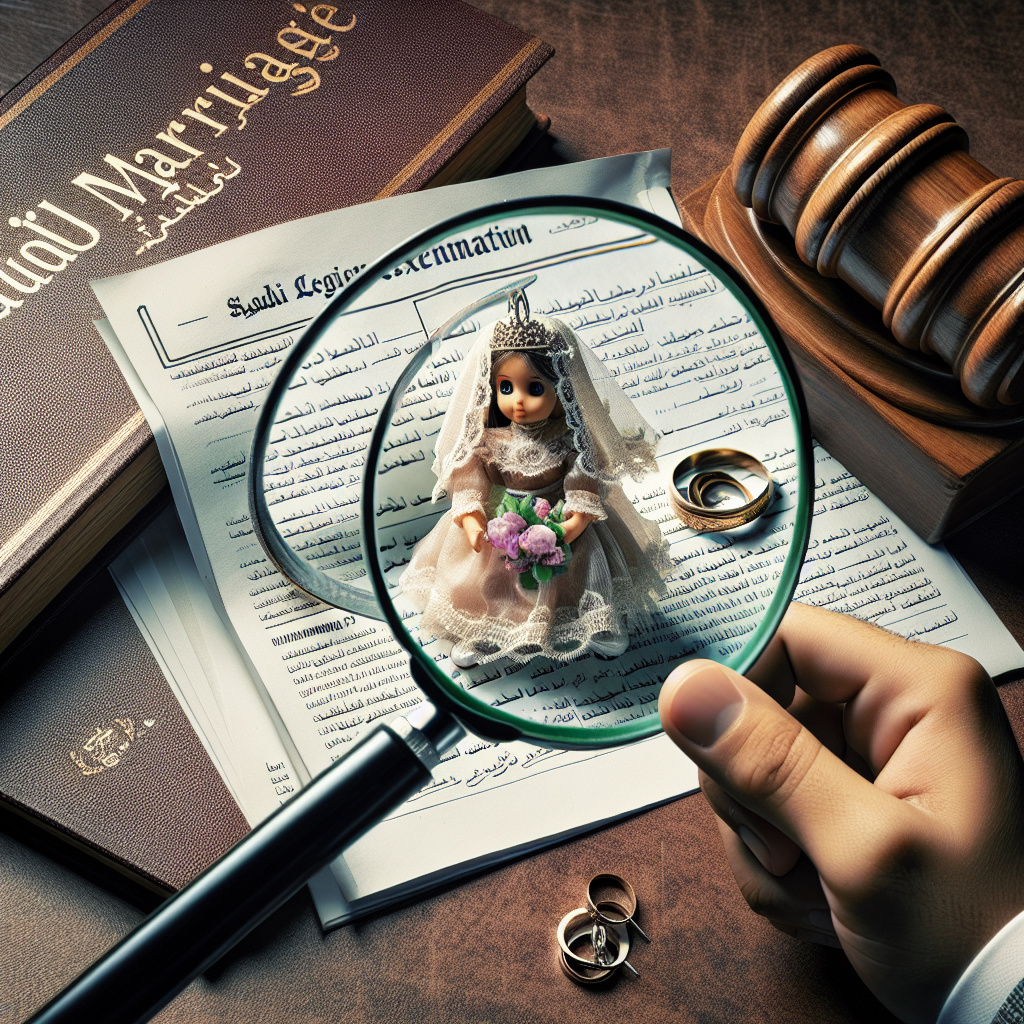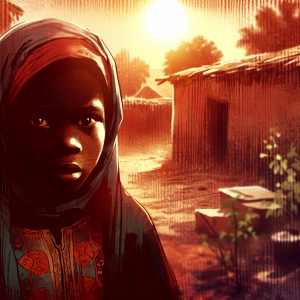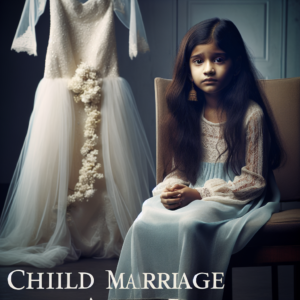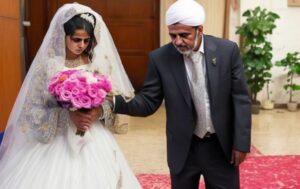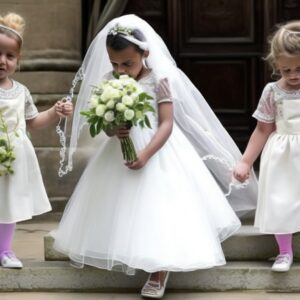Growing up in Saudi Arabia, I have always been surrounded by the cultural norms and traditions that shape our society. One of the controversial topics that have been debated for years is the issue of child marriage. In Saudi Arabia, child marriage is legal, but the legality of this practice has been a subject of much scrutiny and debate both within the country and on the international stage.
The Legal Age of Marriage in Saudi Arabia
In Saudi Arabia, the legal age of marriage is 18 for boys and 16 for girls. However, the country’s Family Law does allow for girls as young as 9 to be married off with the permission of a male guardian. This has sparked outrage from human rights activists who argue that such practices violate the rights of children and perpetuate harmful traditions.
The Impact of Child Marriage
Child marriage has far-reaching consequences on the lives of young girls in Saudi Arabia. These girls are often forced into marriages with older men, robbing them of their childhood and education. They are expected to take on the responsibilities of a wife and mother at a young age, leading to higher rates of maternal mortality and complications during childbirth.
“Marriage is not about age; it’s about finding the right person.” – Sophia Bush
Child marriage also perpetuates a cycle of poverty and inequality. Young girls who are married off early are less likely to pursue education or enter the workforce, trapping them in a cycle of dependence on their husbands. This not only harms the girls themselves but also has negative implications for the economy and society as a whole.
The Religious and Cultural Justifications for Child Marriage
In Saudi Arabia, child marriage is often justified on religious and cultural grounds. Some argue that the Prophet Muhammad married Aisha when she was just 6 years old, and consummated the marriage when she was 9. This has been used to justify child marriage in Islamic societies, including Saudi Arabia.
However, it is important to note that interpretations of Islamic teachings vary, and many scholars argue that child marriage is not a requirement in Islam. The Quran emphasizes the importance of consent and mutual respect in marriage, which are often lacking in child marriages where young girls are forced into unions with older men.
“Girls who marry young are more likely to be beaten or threatened, and more likely to believe that a husband might sometimes be justified in beating his wife.” – Nicholas Kristof
The International Response to Child Marriage in Saudi Arabia
Despite the legality of child marriage in Saudi Arabia, there has been growing international pressure to address this issue. The United Nations has called on the Saudi government to raise the legal age of marriage and protect the rights of children, in line with international standards.
Human rights organizations such as Human Rights Watch and Amnesty International have also criticized Saudi Arabia for its failure to protect the rights of girls who are subject to child marriage. They have called for legislative reforms and increased enforcement of existing laws to prevent child marriage and protect vulnerable children.
“Child marriage is a violation of human rights. Every girl has the right to lead a healthy, safe, and fulfilling life.” – Malala Yousafzai
The Way Forward
In order to address the issue of child marriage in Saudi Arabia, there needs to be a multi-faceted approach that involves legal reforms, education, and awareness campaigns. Raising the legal age of marriage and enforcing laws that protect the rights of children are crucial steps in preventing child marriage and promoting gender equality.
Education plays a key role in empowering young girls and their families to make informed decisions about marriage. By investing in girls’ education and providing opportunities for them to pursue their dreams, we can break the cycle of poverty and inequality that perpetuates child marriage in Saudi Arabia.
At the end of the day, it is crucial for all stakeholders in Saudi Arabia to come together and address the issue of child marriage. By working together to protect the rights of children and promote gender equality, we can create a society where every girl has the opportunity to fulfill her potential and lead a life of dignity and respect.



